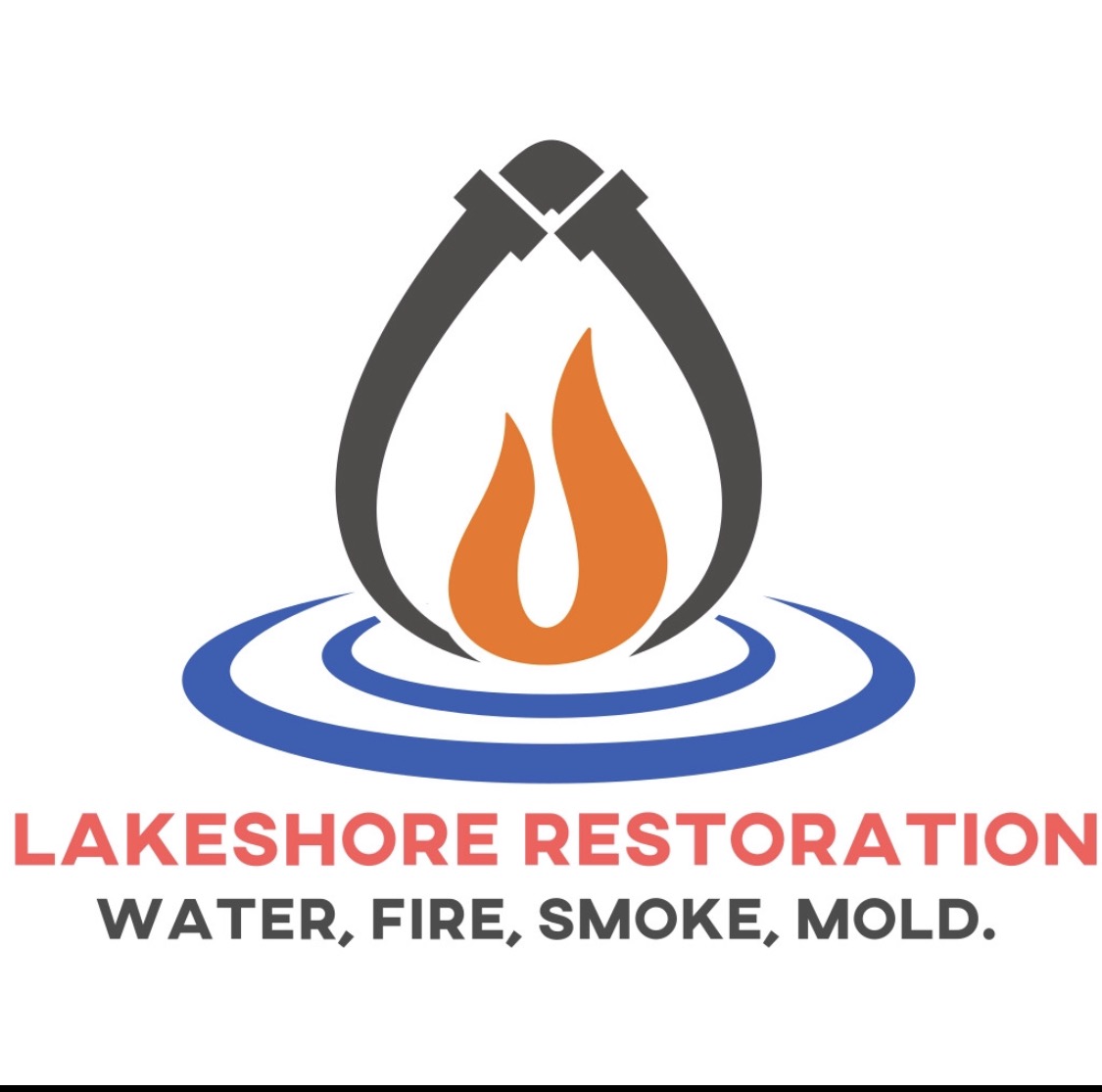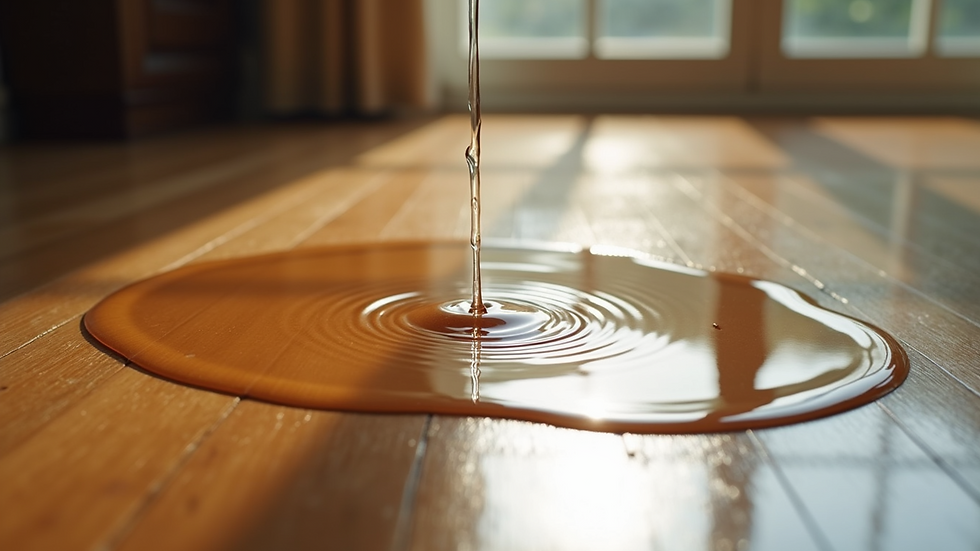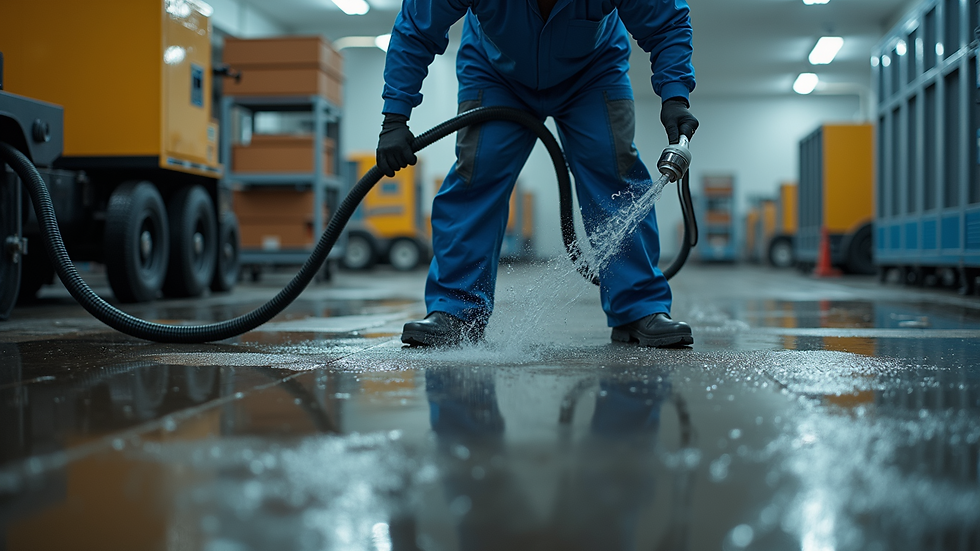Act Quickly with Emergency Water Damage Cleanup Near You
- Lakeshore Restoration LLC

- Aug 14, 2025
- 4 min read
Updated: Aug 20, 2025
Water damage can strike unexpectedly, leaving your home vulnerable to structural issues, mold growth, and costly repairs. Acting fast with urgent water cleanup is essential to minimize damage and restore your living space safely. This guide will walk you through the critical steps to take immediately after water damage occurs, explain the role of professionals, and provide practical tips to handle the situation effectively.

Why Urgent Water Cleanup Matters
When water invades your home, every minute counts. The longer water sits, the more damage it causes. Wood swells, drywall weakens, and mold spores begin to grow within 24 to 48 hours. Immediate cleanup helps prevent these issues and reduces the overall cost of repairs.
Key reasons to act quickly:
Prevent structural damage: Water can weaken floors, walls, and ceilings.
Avoid mold growth: Mold can start developing within 1-2 days, posing health risks.
Protect personal belongings: Furniture, electronics, and documents can be saved if dried promptly.
Reduce repair costs: Early intervention limits the extent of damage and restoration expenses.
If you notice flooding or leaks, start the cleanup process immediately or contact professionals who specialize in emergency water damage cleanup.
Steps to Take for Urgent Water Cleanup
Taking swift action can save your home and belongings. Here’s a step-by-step guide to managing water damage before help arrives:
1. Ensure Safety First
Turn off electricity in affected areas to avoid electrical hazards.
Wear protective gear like gloves and boots if you must enter flooded spaces.
Avoid contact with contaminated water, especially if it comes from sewage or outdoor flooding.
2. Stop the Water Source
Identify and shut off the main water valve if a pipe burst or leak caused the flooding.
If the water source is external, such as heavy rain, try to divert water away from your home using sandbags or temporary barriers.
3. Remove Excess Water
Use mops, buckets, or a wet/dry vacuum to extract standing water.
Open windows and doors to increase ventilation and speed up drying.
Use fans and dehumidifiers to reduce moisture levels.
4. Salvage and Protect Belongings
Move furniture and valuables to a dry area.
Remove wet carpets and rugs to prevent mold.
Dry out important documents by placing them on absorbent towels.
5. Document the Damage
Take photos and videos of affected areas and damaged items.
This documentation will be useful for insurance claims and professional assessments.

Do Plumbers Clean Up Water Damage?
Many people wonder if plumbers handle water damage cleanup. The answer is partially yes, but with important distinctions.
What plumbers do:
Fix the source of water damage, such as burst pipes, leaking fixtures, or faulty appliances.
Prevent further water intrusion by repairing plumbing issues.
What plumbers usually don’t do:
Perform comprehensive water extraction and drying.
Remove damaged materials like drywall or flooring.
Conduct mold remediation or structural repairs.
For thorough cleanup and restoration, it’s best to hire specialized water damage restoration companies. They have the equipment and expertise to handle drying, dehumidification, and mold prevention.
If you are searching for reliable emergency water damage cleanup near me, look for certified restoration professionals who can respond quickly and manage the entire process.
Choosing the Right Emergency Water Damage Cleanup Service
Selecting a trustworthy cleanup service is crucial for effective restoration. Here are some tips to help you choose:
Check certifications: Look for IICRC (Institute of Inspection Cleaning and Restoration Certification) credentials.
Read reviews: Customer feedback can reveal the company’s reliability and quality.
Ask about response time: Emergency services should be available 24/7 and respond promptly.
Verify insurance: Ensure the company is insured to protect you from liability.
Request a detailed estimate: Understand the scope of work and costs before hiring.
A professional cleanup team will use advanced equipment like industrial-grade dehumidifiers, air movers, and moisture meters to restore your home efficiently.

Preventing Future Water Damage
After cleanup, it’s important to take steps to prevent future incidents:
Regularly inspect plumbing: Check pipes, faucets, and appliances for leaks.
Maintain gutters and downspouts: Ensure water flows away from your foundation.
Install sump pumps: These devices help remove water from basements.
Seal cracks and openings: Prevent water intrusion through walls and windows.
Monitor humidity levels: Use dehumidifiers in damp areas to reduce moisture.
By staying proactive, you can protect your home from costly water damage and maintain a safe living environment.
When to Call for Professional Help
While some water damage can be managed with DIY methods, certain situations require expert intervention:
Water covers a large area or is more than a few inches deep.
Water is contaminated with sewage or chemicals.
Mold growth is visible or suspected.
Structural damage is apparent.
You have health concerns related to water exposure.
In these cases, contacting a professional restoration company ensures thorough cleanup and reduces health risks.
Taking immediate action with urgent water cleanup can save your home from severe damage and health hazards. If you face water damage, don’t hesitate to seek help from experts who specialize in emergency water damage cleanup near me. Quick response and proper restoration techniques are key to returning your home to a safe and comfortable state.



Comments